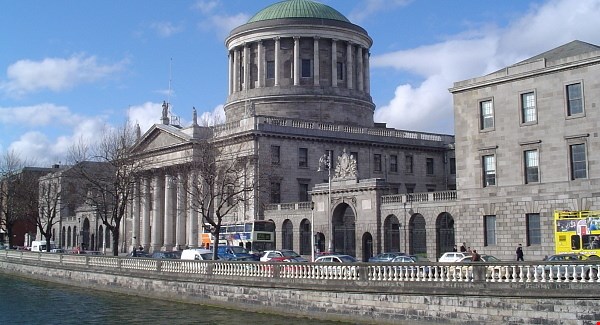
The Supreme Court decision in the ‘Zalewski’ case, delivered on 6th April 2021, has necessitated some changes to the way WRC hearings will be held in future.
The Supreme Court held that the WRC were engaged in administering justice in deciding employment cases, albeit exercising limited functions and powers.
You can read a full report of the Supreme Court decision in the Zalewski case in this blog post, but two important aspects of the way WRC hearings have been held in the past are now deemed unconstitutional:
- A blanket prohibition on WRC hearings being held in public, and
- The absence of the administering of an oath before taking evidence, and the possibility of punishment for giving false evidence.
This has necessitated changes in the way WRC hearings will be held from now on.
Hearings in public
All hearings involving the administration of justice are open to the public from now on. And decisions will be published using the parties’ names, not anonymised names as has happened to date.
If you have a case in already that has not been heard you can ask that the complaint be mediated, or you can settle the case with the other side and withdraw the complaint.
Arrangements will now be put in place to allow hearings to be held in public. This will involve a request, due to covid 19, for a WebEx link and an IT connection to the hearing as all hearings at the moment are virtual hearings.
The Adjudication Officer may limit the number of external observers to one or two.
Conflict of evidence
Where there is a direct conflict of evidence the Adjudication Officer (AO) will adjourn the hearing to await the amendment of the Workplace Relations Act 2015 to empower the AO to administer an oath or affirmation.
The legislation will also provide a penalty for the giving of false evidence, something which did not exist to date and which has been held to be contrary to the constitution.
Redundancy cases can proceed as section 39(17) of the Redundancy Payments Acts 1967 permit the administration of an oath as things currently stand. However, these cases will now go ahead in public.
All scheduled hearings for the moment will go ahead. However, where the AO believes an oath or affirmation for the giving of evidence must be taken, the case will be adjourned.
New procedural guidelines will reflect the right to cross examine witnesses.
Industrial Relations act 1969 claims
It is worth noting that claims under the Industrial Relations Act 1969, section 13, will be unaffected by the Supreme Court decision or any subsequence changes as these claims are non-justiciable and will continue to be heard in private.
Cases before 6th April 2021
Cases held before this date (the date of the Supreme Court decision) will see the determination published with names anonymised. After this date the names will not be anonymised.
Conclusion
These changes have been necessitated by the Supreme Court determination in Tomasz Zalewski and An Adjudication Officer and the Workplace Relations Commission and Ireland and The Attorney General. Read my blog post about that case here.
Update 29th July 2021
The law making the necessary amendments arising from the Supreme Court case, Zalewski v Adjudication Officer and Others [2021] IESC 24 came into effect from 29th July 2021. The relevant act is The Workplace Relations (Miscellaneous Provisions) Act 2021
There are two big changes:
- cases to be held in public
- evidence to be given on oath or affirmation
From 29th July 2021 hearings are to be held in public and parties named in the decisions, save for trade disputes referred under the s. 13 Industrial Relations Act 1969.
However, the Adjudication Officer may, if there are ‘special circumstances’, conduct the case in private. There is a number of situations which may be designated ‘special circumstances’, for example cases involving a minor or one involving matters of a sensitive nature. The decision is for the Adjudicating Officer.
Evidence will be given on oath or affirmation if there is a conflict of evidence between the parties.
Here is an explanatory note from the WRC about these changes.